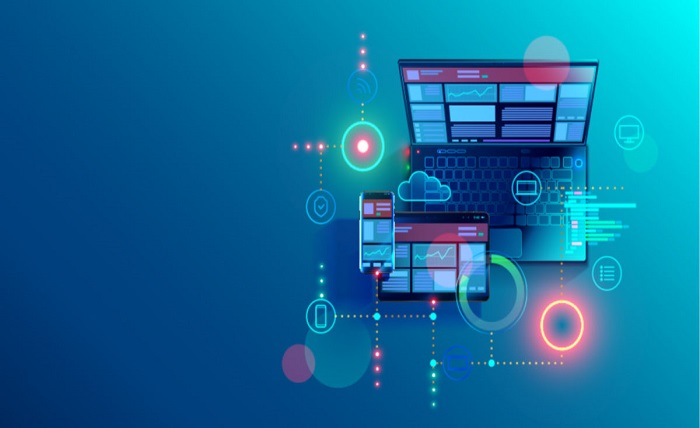As complexities arise through technological evolution, more and more organizations are coming under voice, video, and technology. The paradigm shift of the non-communication companies is altering how taxation is done. Thus, making it more complex.
There was a time when communication taxation was rather easy as it was only traditional telecommunication authorities providing voice services and in some cases data. Now, a particular finance associate has to undergo several hours to calculate and manage communication taxes that in hand decrease productivity and growth.
Taxation has become ambiguous in nature. Earlier, traditional tv offerings came under cable operators but today due to digital platforms, live-streaming, data, voice are also being provided by them which makes this taxation calculation gone wild!
On the arrival of 5g services, communication taxation is going to become more vast and complicated. The 5g enabled areas will include tech companies, health care providers, offices, transportation, etc. Managing communication taxes is complicated but as technology is advancing so are the methods of computation of taxes. Introduction to Automation, Machine Learning, Artificial Intelligence has reduced the endless overloaded tasks.
Why Automation in Taxation? A Brief Account
- Automation can reduce the overloading complications in taxation which otherwise if solved manually can result in errors and irregularities.
- Better efficiency in managing communication taxes and thus reducing tax risks
- Time efficiency resulting in the growth of the taxation sector
- Calculation and efficacy in taxation paired with real-time jurisdiction
In simple terms, traditionally there were limited organizations due to which taxation accounts and calculations were easier and less time-consumingToday, as companies are increasing manifold, so is the complexity and rate of ambiguity leading to application and inculcation of automation.
Automation in Taxation Benefits
As the name suggests automation or automated means less laborious. Apart from making taxation easier, it is also helpful for tax planning.
Planning in new tax rate schedules, exemption allowance, credit information, and any other changes in the tax laws that can affect the tax planning model.
Data insights and data extraction through the implementation of artificial intelligence. As today due to invariable complexities, data extraction has become complicated because of huge data figures. If extraction is not done, trend analysis is also not possible.
As much as it is necessary to include automation in the taxation industry, it by no means that the existing cloud-based systems will totally be thrown out of spite. Most of the transaction-based calculations require cloud-based software.
Some may fear and raise doubts due to advancement and change in the way of their taxation. As changing into something new is always feared. Be it technology or anything.
The future and present of managing communications taxes lie in automation. Owing to the digital economy and the transformation of non-telecom companies, there will be a huge flow of data and taxes. Changing ERP systems for taxation will not suffice the seriousness of the matter.
To changing and increasing ambiguity, automation is the key to these transformations.

